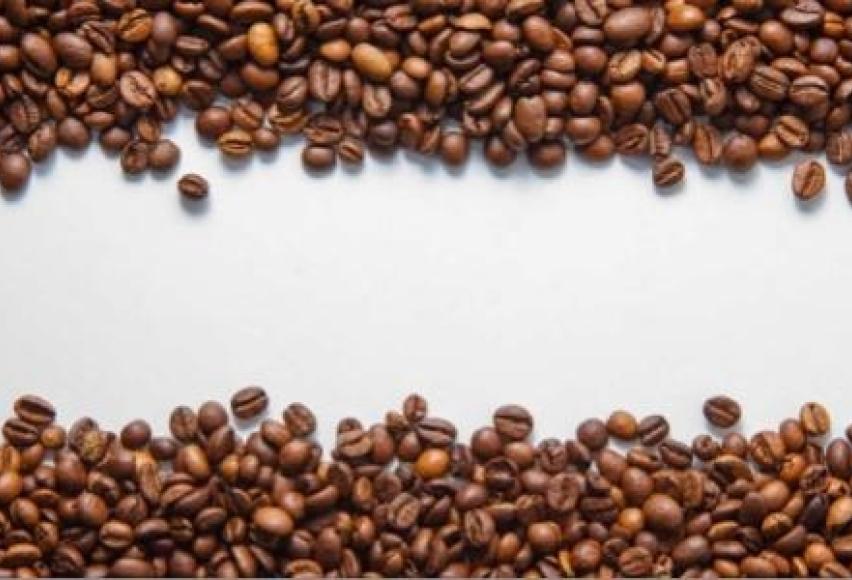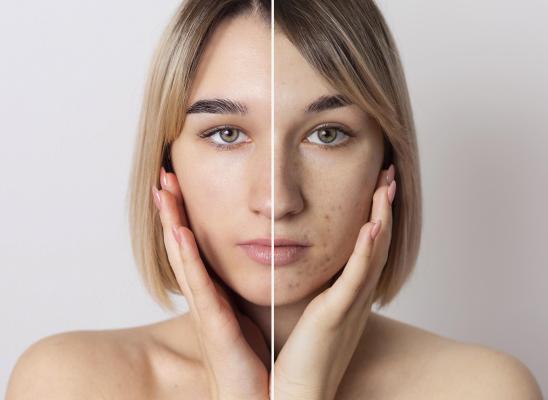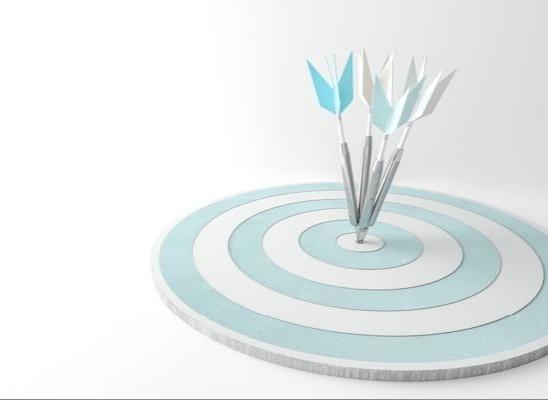Relationship between Caffeine and Skin Picking

Online test
Find out the severity of your symptoms with this free online test
While body-focused repetitive behaviors (BFRBs) such as excoriation disorder are gaining increased awareness, our knowledge about the disorder is still in its infancy. For example, even though research has found evidence of some plausible causes for compulsive skin picking, there is still no known single definitive cause. Some evidence points to hormonal imbalances, some indicates the cause is neurobiological, while genetic correlation also holds merit. While we cannot change our genetic make-up, we certainly can influence our neurobiological processes and our hormone levels through diet. Could what we eat and drink therefore aggravate the urge to pick, or even place us at higher risk for developing a skin picking disorder in the first place?
The food we eat inevitably affects our overall health. However we often only attribute the effects of diet to our physical health and neglect to acknowledge the impact it can have on our psychological health as well. There has been an overwhelming influx of research over recent years that suggests poor quality diet increases one’s risk for common psychological disorders such as depression and even compulsive skin picking disorder, now named excoriation disorder.
Is there a relationship between caffeine intake and severity of skin picking?
Research on stressful early parent-child relationships has demonstrated increased sensitivity to anxiety in adulthood by way of altered dopaminergic and serotonergic systems, which are two neurological systems that caffeine acts upon. Drinking four or five cups of coffee a day makes the body act as if it is under constant stress. Combined with additional work pressures, it can increase blood pressure significantly, leading to an increased risk of long-term heart disease, says a US report. One of the triggers for skin picking is stress and anxiety, and because caffeine can cause stress, it therefore means that it can contribute to skin picking episodes.
How caffeine affects your skin
Like sodium and alcohol, caffeine dehydrates our bodies. They make the liver work in overtime, which causes toxic build up in the body. When our bodies are in toxic overload, the presence of low-level toxins that make their way to your skin disrupt healthy skin function. While we can sing coffee’s praises as a laxative, it is a diuretic, which means it causes you to lose hydration, which has a direct effect on your skin. Dehydrated skin causes inflammation (redness) and premature aging (collagen loss). Additionally, without enough water flushing your system, toxic buildup in the skin can also cause acne.
Tannin is a chemical that is found in both coffee and tea. Commercially, tannin is used in tanneries when processing leather to make the leather soft and shiny, which is a good indicator that you shouldn't be drinking it. Tannin blocks the pores of cells, preventing them from receiving nutrients provided by food. Other adverse aspects of tannin that make it great for leather treatment are its hydration-removal properties, which can cause your skin to become rough and brittle over time.
Balance is key

Drink more water to flush out toxins and combat dehydration from drinking lots of coffee. Consume less caffeine or switch to decaf or green tea. It’s not easy, but worth the attempt. The important thing to remember is that there is no only single hero or miracle food. When you look at your plate, ask yourself:
- is it fresh?
- is it naturally sourced?
- is it colorful? A colorful plate signals a well balanced meal and this is a guideline everyone should follow for optimal health.
Avoiding processed foods like refined sugar, processed meat and caffeine and keep your brain and body hydrated by drinking lots of water. It may just also improve the health of your skin or reduce the urge to pick.
Online test
Find out the severity of your symptoms with this free online test
Start your journey with SkinPick
Take control of your life and find freedom from skin picking through professional therapy and evidence-based behavioral techniques.
Start Now



